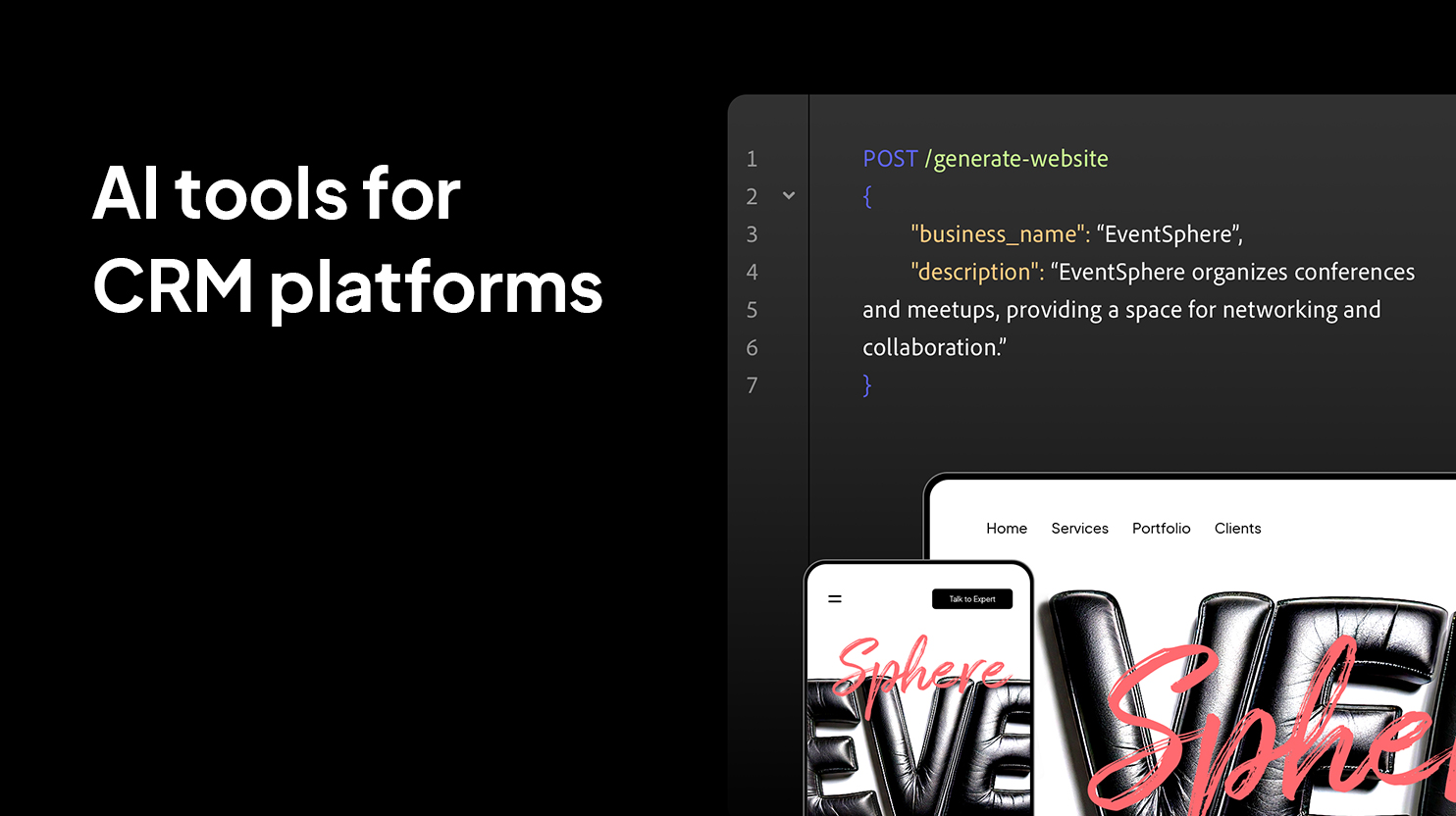AI is changing how we interact with the internet, and it’s happening faster than most people realize.
As tools like ChatGPT, Claude and Gemini provide instant answers without requiring users to click through to websites, the ripple effects are starting to show.
I’ve pointed to a steep decline in traffic for major publishers because of advanced AI overviews and chatbots hopping paywalls, suggesting that the traditional, ad-supported model of the open web is under pressure.
The worry is that if no one’s clicking, then no one’s paying, and that puts the future of free, high-quality content at risk.
The rise of AI-powered browsers
At the same time, a new generation of AI browsers is starting to emerge. OpenAI, Perplexity, Opera and others are building browsers that go beyond simply displaying web pages.
These tools are designed to function more like intelligent assistants becaues they can summarize content, complete tasks and guide users through multi-step processes like booking a reservation or comparing products across tabs.
OpenAI is reportedly developing a browser based on Chromium with GPT-4o integration. It’s expected to offer task automation, tab management and AI-powered content summarization.
Perplexity’s Comet browser, currently available, takes a similar approach but is gated behind a premium subscription.
Opera’s AI browser leans into privacy, offering local-agent capabilities that aim to keep user data on-device while still providing intelligent support.
What this means for the web

If AI can provide an answer without sending monetizable traffic to the original source, what happens to the websites that created that content in the first place?
These features can be helpful, especially for users looking to get things done more efficiently. But they also raise big questions.
If AI can provide an answer without sending monetizable traffic to the original source, what happens to the websites that created that content in the first place?
This represents a shift in the long-standing structure of the web. For years, the exchange was simple: users got access to free information, and publishers got paid through ads and affiliate links. If AI bypasses that interaction, the balance starts to fall apart.
Browsing is becoming conversational

The idea of “surfing the web” is being replaced by something more passive and curated.
Instead of typing a query and scanning a list of results, users might soon ask their AI browser a question and receive a synthesized answer pulled from multiple sources, often without visiting any of them.
These AI browsers are reframing the internet as a kind of workspace, where information is delivered on demand and most of the heavy lifting is handled in the background.
It’s a shift in how we find and engage with information, and it could change the way users experience the web entirely.
Privacy and regulation on the horizon

There are also growing concerns about privacy. While Opera has taken a more transparent, local approach, many AI tools still rely on cloud processing.
As AI browsers become more capable and more integrated into our daily lives, the trade-offs between convenience and privacy are likely to get more complicated.
That opens the door to user data being collected, stored and potentially used to train future models.
As AI browsers become more capable and more integrated into our daily lives, the trade-offs between convenience and privacy are likely to get more complicated.
On top of that, regulatory questions are piling up. The U.S. Department of Justice is already looking into Google Chrome’s market dominance, and lawsuits around AI data scraping are picking up steam.
Some companies, like Perplexity, are experimenting with revenue-sharing models for publishers, but it’s not yet clear whether those efforts will be enough to support the kind of content people rely on.
What comes next
AI browsers are poised to change the way we use the internet and that includes how we access information, what we trust and how we support the sites we visit.
Whether this shift ultimately hurts or helps the web depends on how companies, publishers and users respond to the changes ahead.
More from Tom’s Guide
Follow Tom’s Guide on Google News to get our up-to-date news, how-tos, and reviews in your feeds. Make sure to click the Follow button.
Back to Laptops








